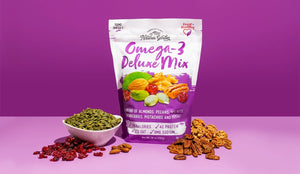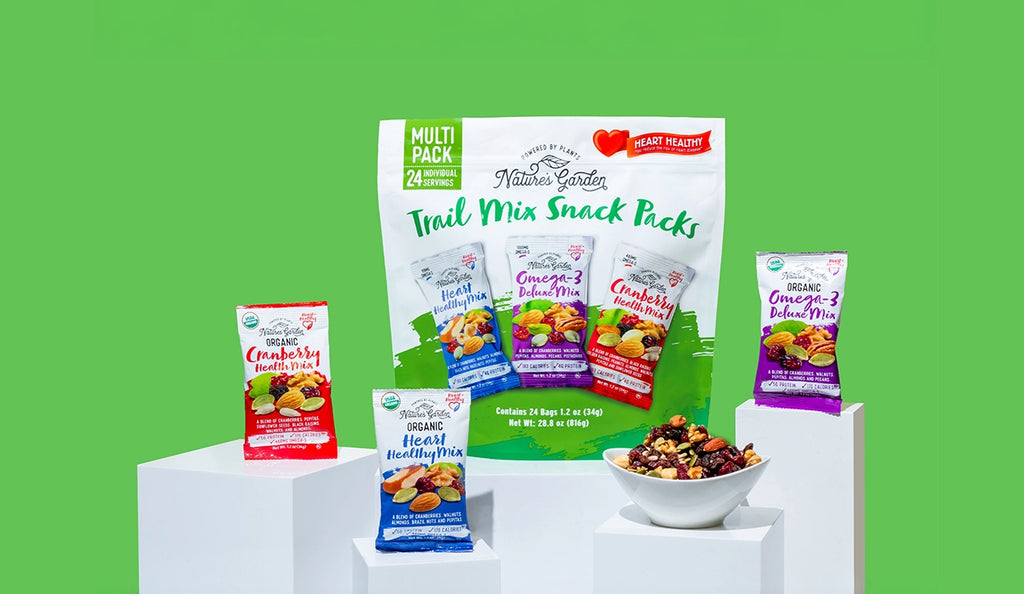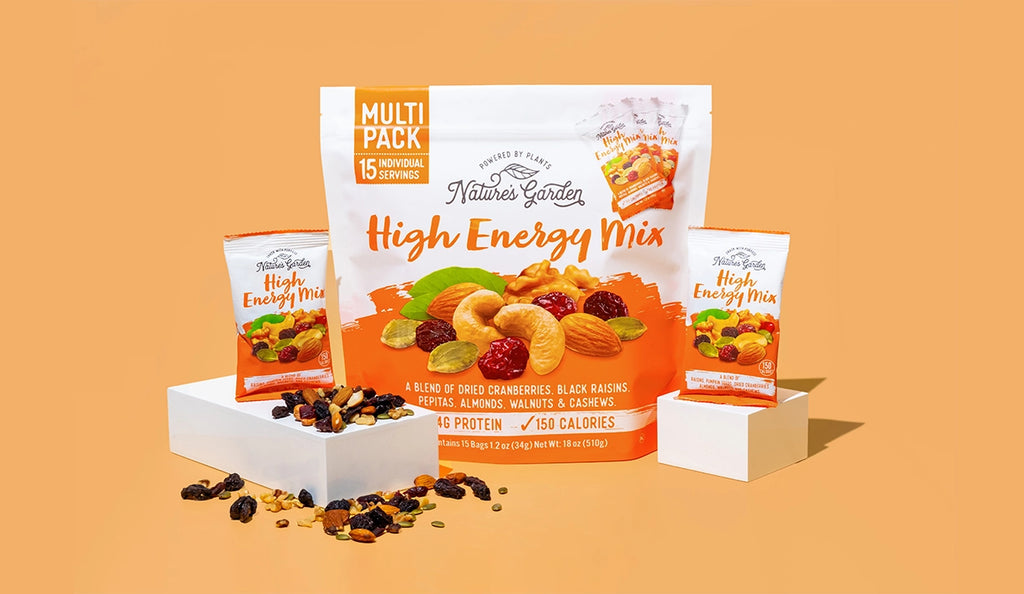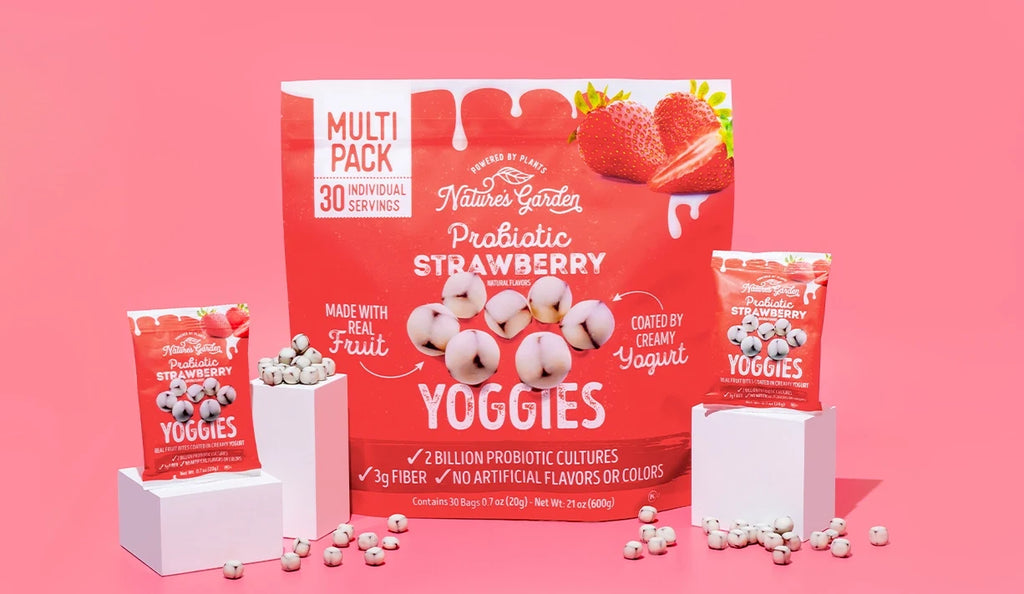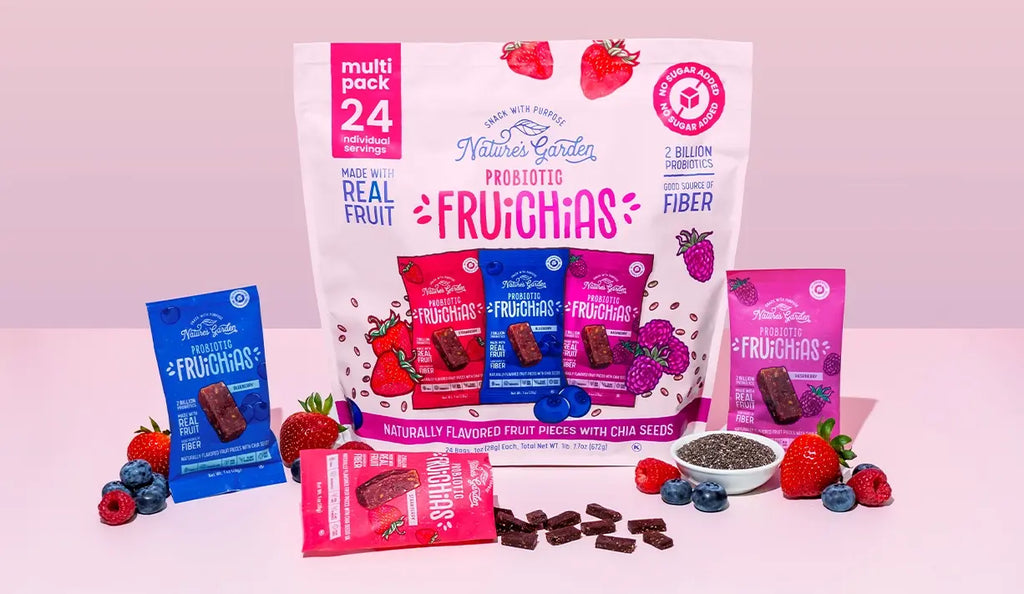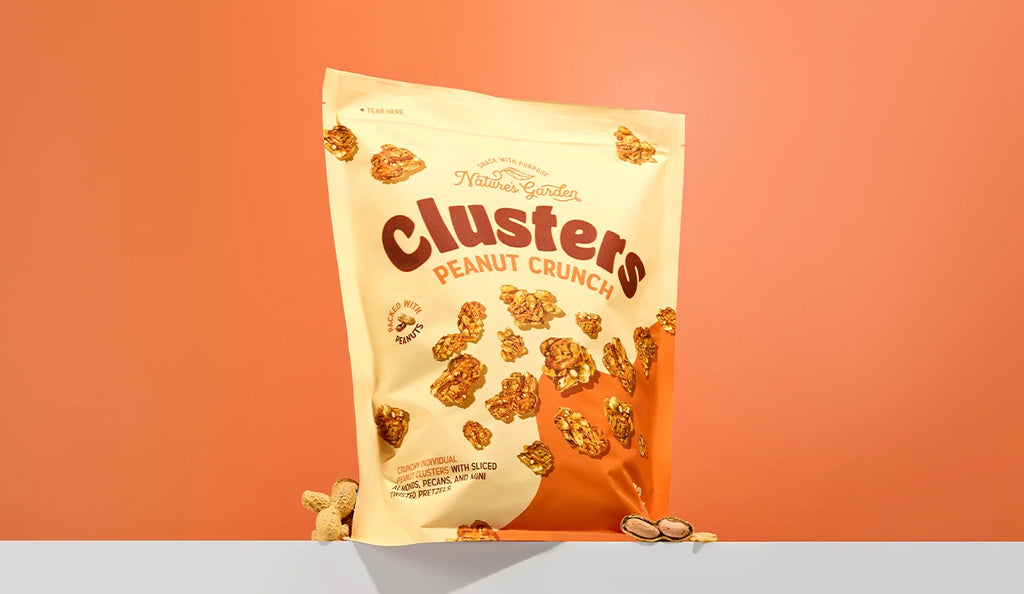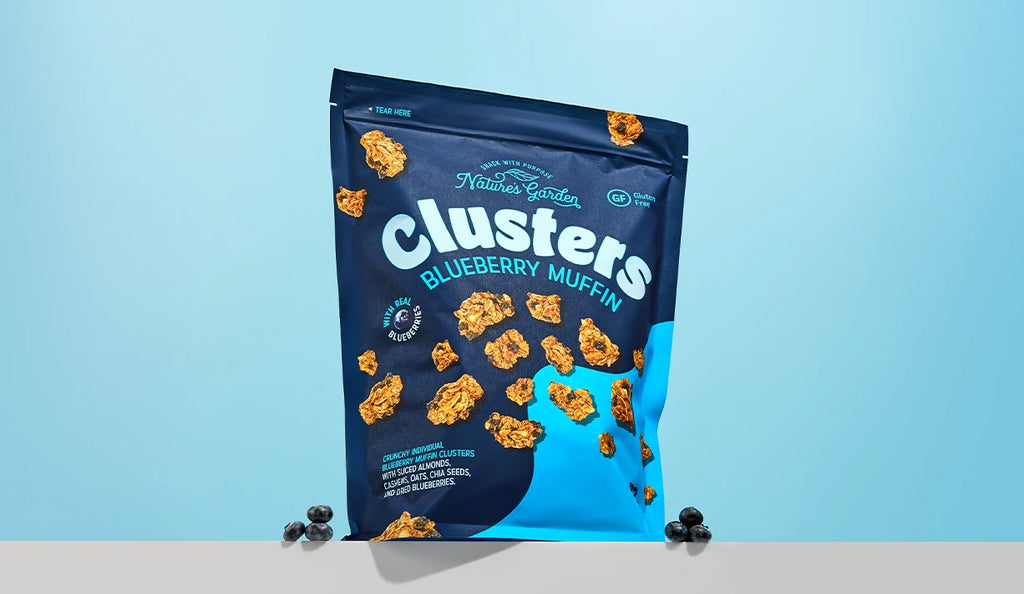Everyone’s favorite fall decoration just so happens to have one of the best seeds to add to your diet! Yup, you guessed it, pumpkin seeds! Pumpkin seeds, also sometimes interchangeably known as pepitas, are the edible seeds of pumpkins. They’re flat, white oval-shaped seeds with a white outer husk and a green inner kernel. These two terms are similar, but not exactly the same. Pumpkin seeds are the entirety of the seed including the white outer husk and the green kernel, while pepitas are specifically the inner kernel, like the ones found in our Nature’s Garden Omega-3 Deluxe Mix.
Are Pumpkin Seeds Healthy for You?
Pumpkin seeds are a nutrient packed powerhouse, like a variety of other seeds and nuts, but they have a few specific traits that really set them apart. Harvard Health Medical School’s blog notes that, “Pumpkin seeds are one of the best natural sources of magnesium, a mineral that's important for keeping blood pressure in check. They're also a good source of several other minerals, unsaturated fats, and fiber.”
The benefits of pumpkins seeds.
Pumpkin seeds are highly nutritious and can be an easy, beneficial addition to a healthy diet.
They are not only a tasty treat that is an easy thing to blend into any diet, but they are rich in nutrients like protein, fiber, vitamins, and minerals such as magnesium, zinc, and iron. They are also a good source of antioxidants and healthy fats, particularly omega-3 fatty acids.
Why Eat Pumpkin Seeds?
Pumpkin seeds are packed with essential nutrients, vitamins E and B, and minerals like the ones listed above. Some of the main health benefits of pumpkin seeds are:
- Heart Health: The combination of healthy fats, magnesium, potassium, and antioxidants in pumpkin seeds may help lower blood pressure, reduce cholesterol levels, and support overall heart health.
- Prostate Health: Pumpkin seeds are particularly rich in zinc, which is beneficial for prostate health and may help reduce the risk of prostate enlargement and related conditions.
- Blood Sugar Regulation: The high fiber and protein content of pumpkin seeds can help stabilize blood sugar levels and improve insulin sensitivity, making them a suitable snack option for people with diabetes or those looking to manage their blood sugar levels.
- Bone Health: Pumpkin seeds are a good source of magnesium, phosphorous, and zinc, which are essential for maintaining strong and healthy bones.
- Immune Support: The zinc and antioxidants in pumpkin seeds may help strengthen the immune system and protect against infections and illnesses.
- Mood and sleep regulation: Pumpkin seeds contain tryptophan, an amino acid that the body converts into serotonin, a neurotransmitter that regulates mood, sleep, and appetite.
- Skin health: The antioxidants and healthy fats in pumpkin seeds may contribute to healthier skin by protecting against damage from UV rays and promoting collagen production.
- Weight management: Despite being calorie-dense, the protein and fiber in pumpkin seeds can help increase feelings of fullness and satiety, potentially aiding in weight management when consumed in moderation as part of a balanced diet.
Additional benefits of pumpkin seeds.
It’s been shown that diets rich in pumpkin seeds come with a reduced risk of developing breast, stomach, lung, prostate, and colon cancers. This is due to the lignans, or plant compounds found within pumpkin seeds. Lignans are polyphenolic compounds found in plants. The National Library of Medicine says that, “interest in polyphenols is largely focused on the contribution of their antioxidant activity to the prevention of various disorders, including cardiovascular disease and cancer. Polyphenols are classified into groups, such as stilbenes, flavonoids, phenolic acids, lignans and others.”
What is the healthiest way to eat pumpkin seeds?
It’s very easy to see tons of suggestions online, telling you how quick and easy it is to add or delete things from your diet, but the reality is, that you’re faced with a ton of new questions and options as soon as you hit the chill of the grocery store’s produce section. Judith Wylie-Rosett, a professor and division head for health promotion and nutrition research at New York's Albert Einstein College of Medicine, says, “When they come straight from the source, pumpkin seeds are lower in sodium and have more of the minerals that make them so nutritious.” While it’s not the most practical thing to have pumpkins continuously in our grocery list rotation, it is very easy to look out for raw or roasted options, as well as pumpkin seeds that are low sodium. There are also many prepackaged options like the ones available from Nature’s Garden here.
